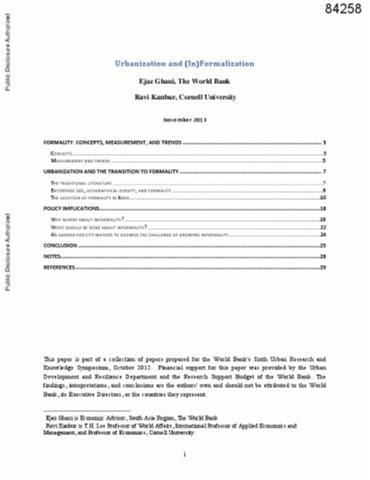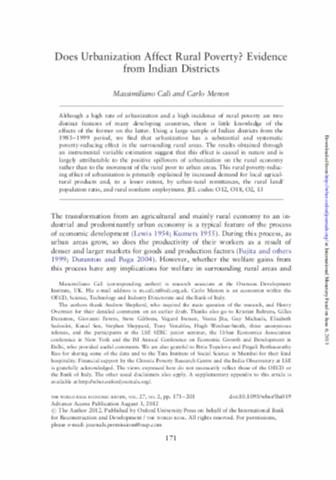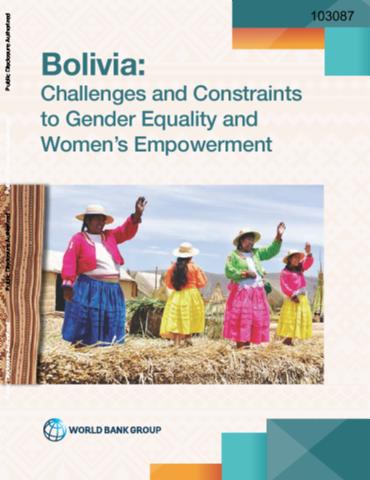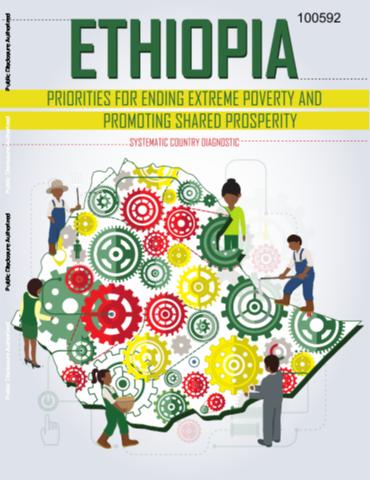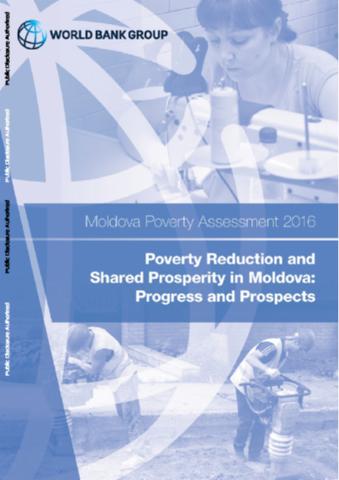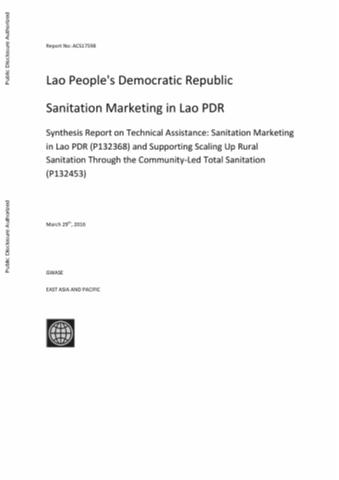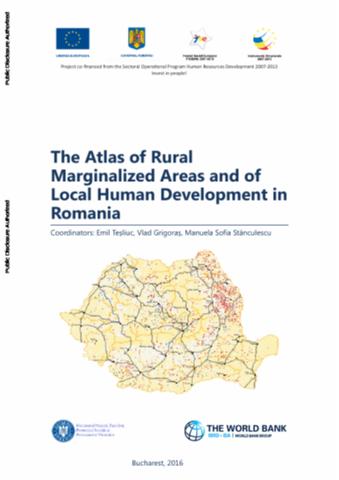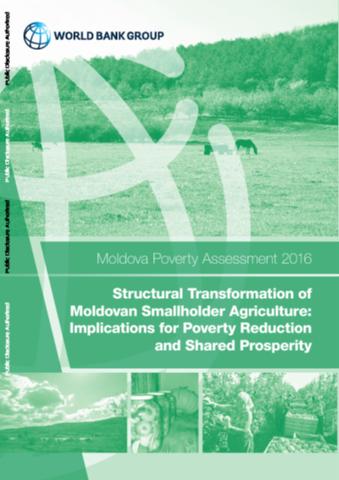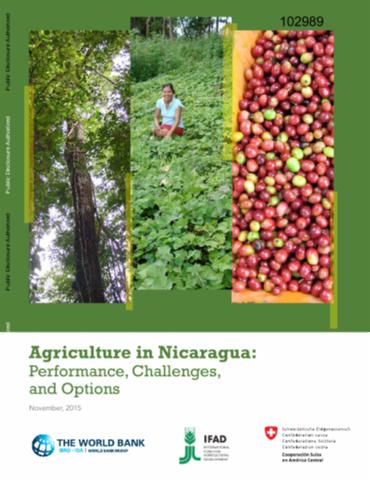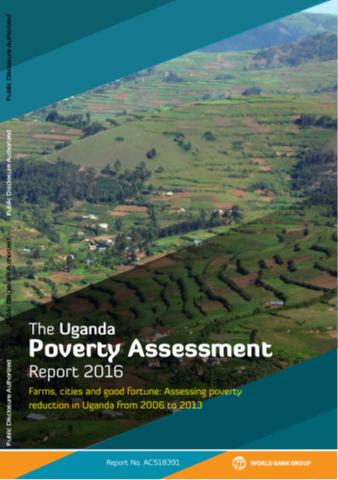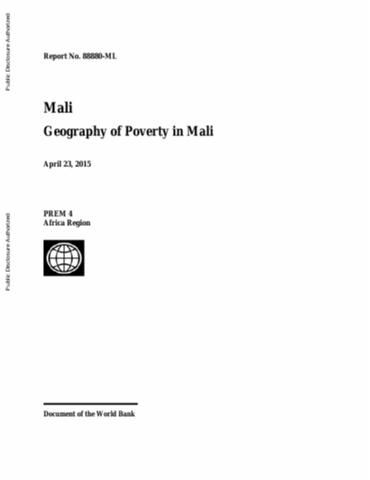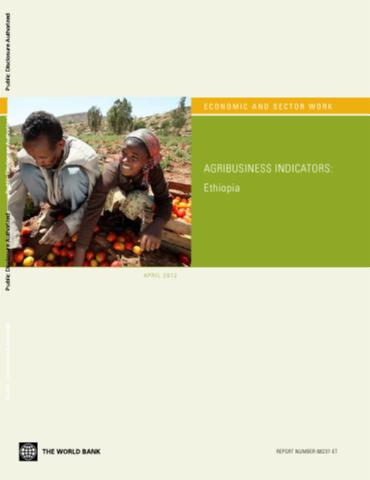Urbanization and (In)Formalization
Inexorable urbanization and formalization have been the expectations in development discourse. Indeed, measures of urbanization and formalization have been provided and used as indicators of development. But while urbanization has proceeded apace in developing countries, formalization has slowed significantly over the past quarter century. These disconnect raises questions for development analysis and development policy. Why did one expect urbanization and formalization to go together in the first place?

